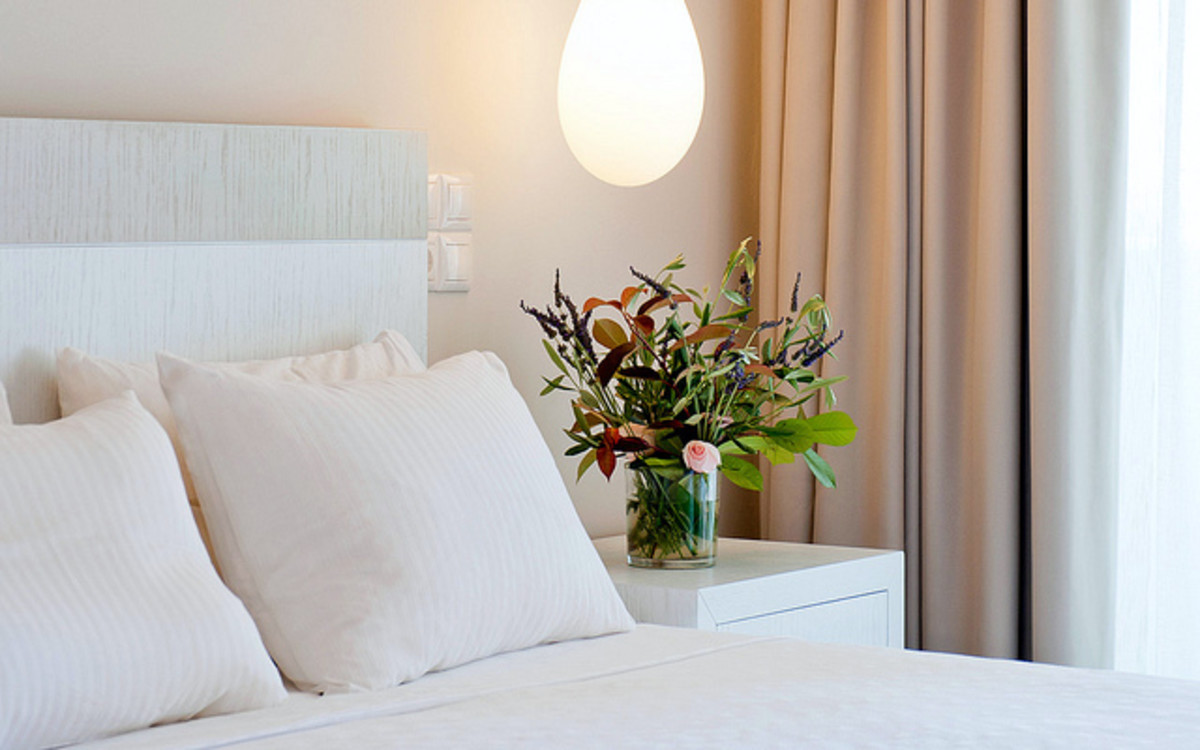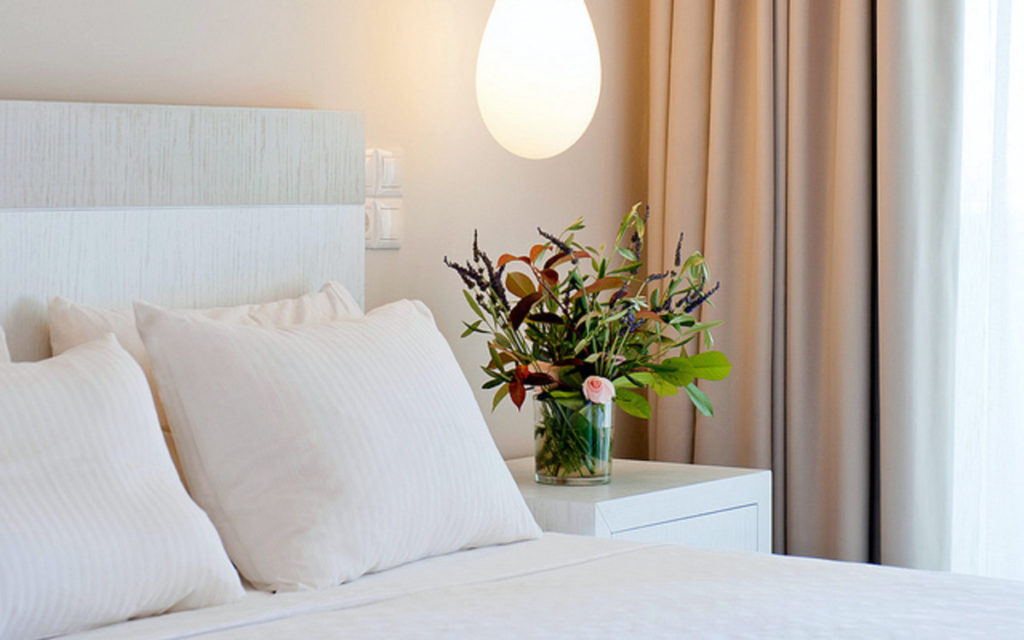Step-by-Step Guide To Feng Shui Your Apartment
The way you design your apartments can make an impact on your overall well-being,, so keeping your home clean, organized and clutter-free is essential to making positive changes in your life. Not only that, but it makes your apartment feel homey and stress-free.
Feng shui is an ancient Chinese philosophy that seeks to find balance and harmony between the elements. In simpler terms, feng shui is often referred to as the art of placement. The goal is to position the elements in order to optimize “Chi.” This positive energy flow places an emphasis on physical and mental health, success and healthy relationships.
To incorporate the feng shui design into your apartment, you must first declutter your space and open the windows to let in fresh air and natural light. Next, follow these steps to achieve balance and harmony feng shui provides.
Step 1: Incorporate the five elements
Each element symbolizes various meanings of life which should all be incorporated into your design.
Wood: The symbol of growth and vitality. Incorporate this element through furniture or plants to promote personal growth.
Metal: The symbol of logic and intelligence. Integrate metal into your design with frames, sculptures or beams to support knowledge and mental sharpness.
Earth: The symbol of stability and balance. Bring elements of earth indoor using stone, crystals and landscape imagery to help you stay grounded and stable.
Water: The symbol of wisdom and serenity. Add the element of water into your apartment using aquariums, fountains or reflective surfaces like mirrors to help with clarity and relaxation.
Fire: The symbol of passion and energy. Using candles, fireplaces or even the color red will add the element of fire to your space which represents transformation and volatility.
Step 2: Use the bagua map
The bagua map is the most common tool used in feng shui home design. It helps analyze energy in a given space and suggests which element to implement to enhance the flow of energy. There are nine quadrants on the bagua map, each tied to a specific element:
Wealth: Wood
Reputation: Fire
Love: Earth
Family: Wood
Health: Earth
Children: Metal
Wisdom: Earth
Career: Water
Helpful People: Metal
Traditionally, the map is defined by compass directions. However, there is a Western adaptation of the bagua map that is easier to navigate and incorporate for feng shui beginners. Overlay your floorplan on top of the bagua map to help you determine which elements to incorporate into each space.
Also Read: Financial Tips to Navigate Home Renovations
Step 3: Utilize colors to inspire different energies
Not only is the bagua map tied to elements, but it’s tied to colors that are inspired by different energies. It is recommended that you choose three life areas you want to enhance, so choose which colors speak to you the most — there are no wrong answers.
Wealth: Purple
Reputation: Red
Love: Pink
Family: Green, blue and teal
Health: Earth tones, browns and yellows
Children: White
Wisdom: Dark blue and indigo
Career: Black
Helpful People: Gray
Step 4: Find the commanding position
First, you must find the spot in a room where you spend the most time. Good examples include your bed in your bedroom or your desk in your home office. These would be ideal places to determine your commanding position.
The commanding position is the spot that is the furthest from the door and out of direct line with it. This position puts you diagonal to the door. You should determine your commanding position and then arrange your furniture in diagonal alignment if at all possible.
Cultivating good feng shui in your home will help you obtain a peaceful and balanced atmosphere. To help guide you create the perfect feng shui apartment, check out ApartmentGuide’s infographic below.
Please include attribution to https://www.apartmentguide.com/ with this graphic.



3 thoughts on “Step-by-Step Guide To Feng Shui Your Apartment”